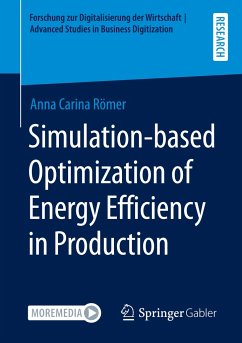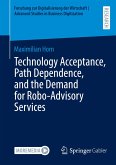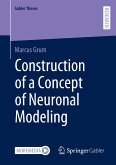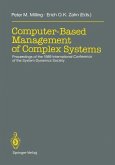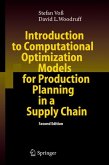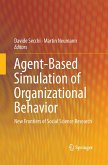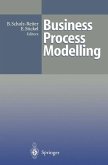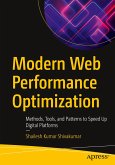The importance of the energy and commodity markets has steadily increased since the first oil crisis. The sustained use of energy and other resources has become a basic requirement for a company to competitively perform on the market. The modeling, analysis and assessment of dynamic production processes is often performed using simulation software. While existing approaches mainly focus on the consideration of resource consumption variables based on metrologically collected data on operating states, the aim of this work is to depict the energy consumption of production plants through the utilization of a continuous simulation approach in combination with a discrete approach for the modeling of material flows and supporting logistic processes. The complex interactions between the material flow and the energy usage in production can thus be simulated closer to reality, especially the depiction of energy consumption peaks becomes possible. An essential step towards reducing energy consumption in production is the optimization of the energy use of non-value-adding production phases.
Bitte wählen Sie Ihr Anliegen aus.
Rechnungen
Retourenschein anfordern
Bestellstatus
Storno

